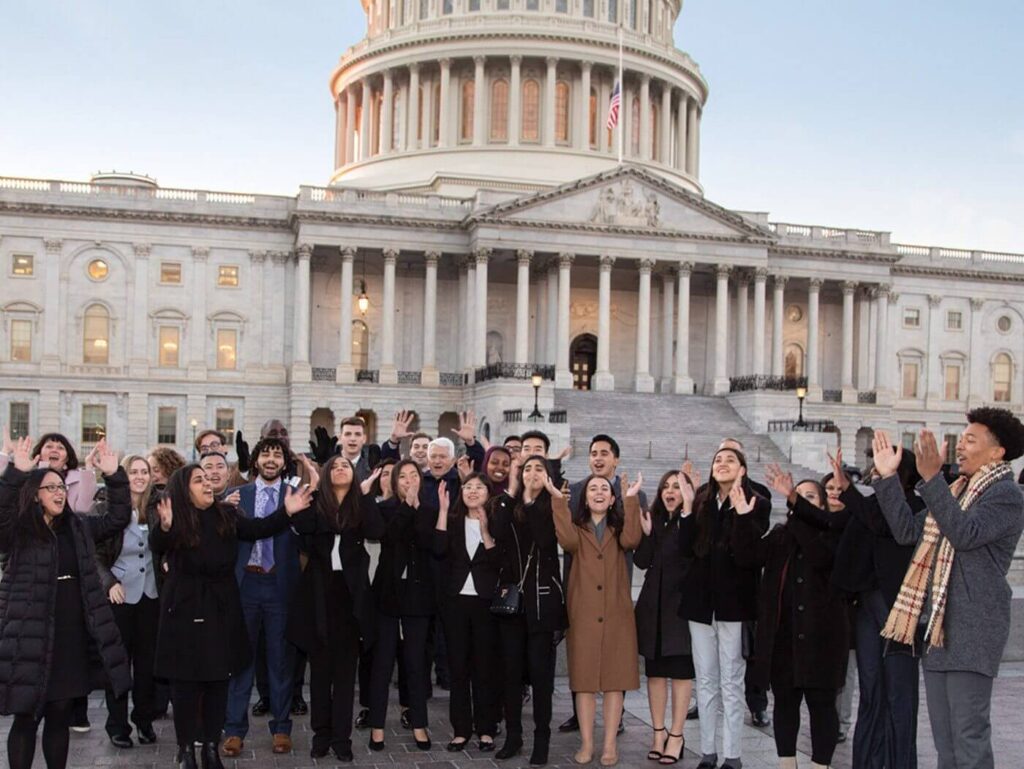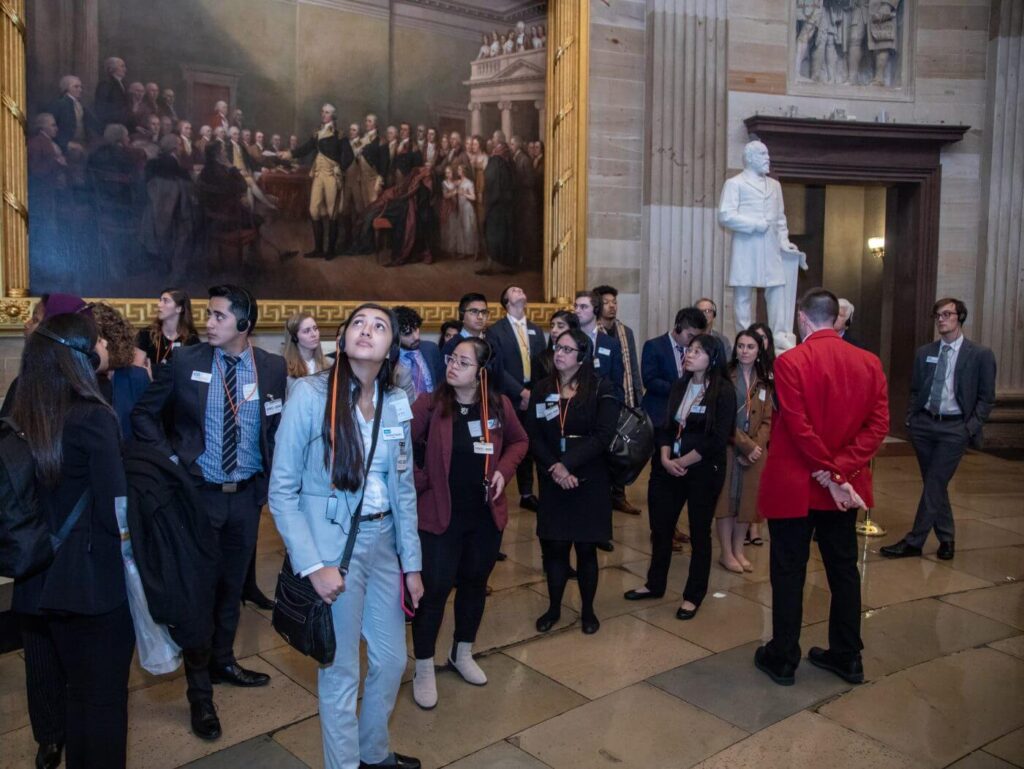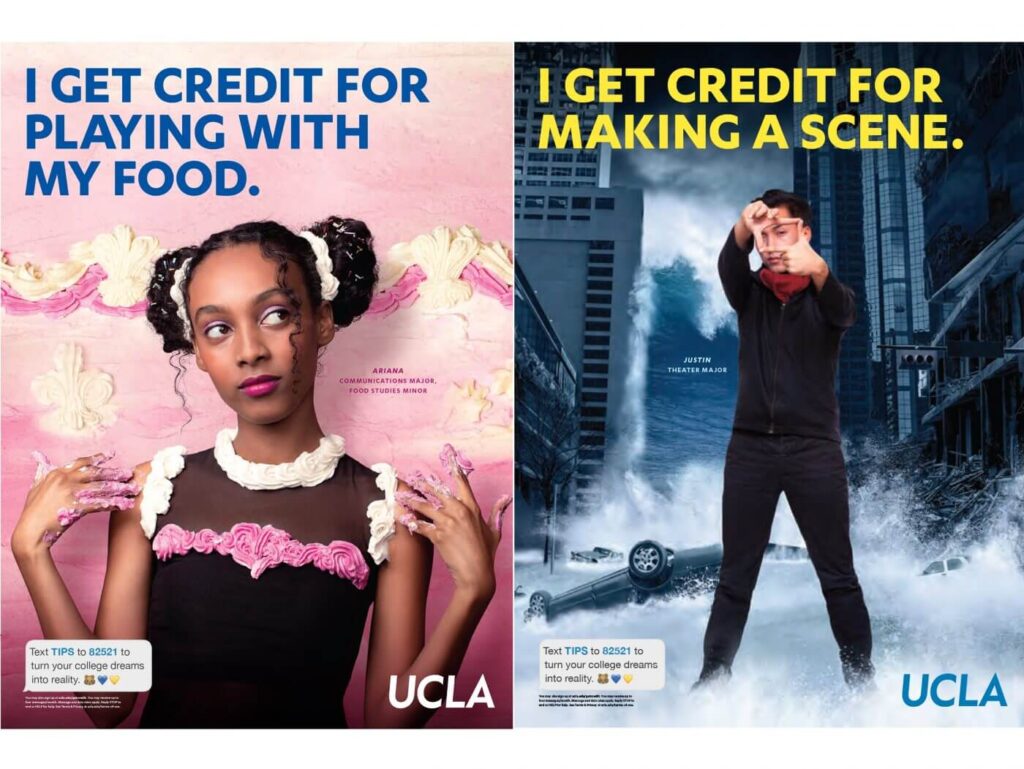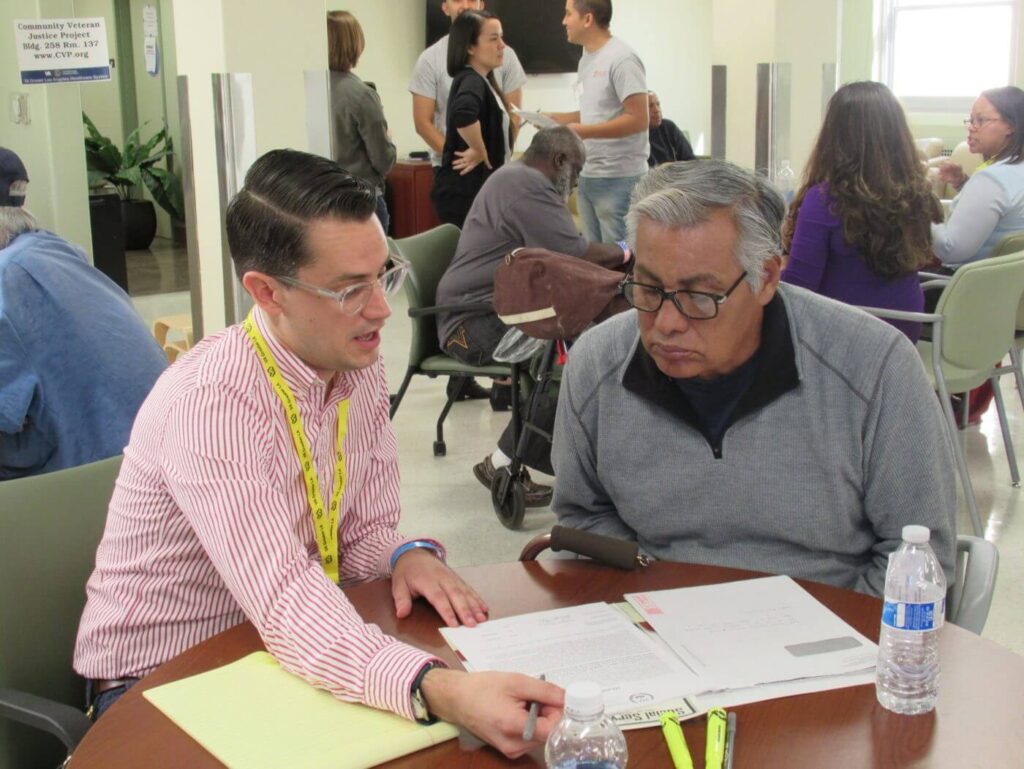
Happy New Year! As we begin the new quarter, I want to share some updates about our campus.
Photo by Scott Henrichsen
In this issue
- Leading Students Through our Nation’s Capital
- Introducing Project Welcome
- Enhancing Services to Veterans
Leading Students Through our Nation’s Capital

As a public university, UCLA has a strong interest in developing our students’ leadership and problem-solving skills. That means helping them develop the capacity to wrestle with complex questions, understand the challenges of setting policy and appreciate the importance of dialogue and compromise — particularly as our nation struggles with its own deep divisions.
That’s why, for the past four years, I have accompanied a group of student leaders to Washington, D.C. — most recently last month — where they meet with policymakers, learn more about our nation’s history and strengthen their relationships with one another. The annual trip is available to any student, and offers opportunities to meet people from around the country and across the political spectrum, and to discuss ideas and concerns that might not always arise on our campus.
By delving into issues like homeland security and energy policy with congressional representatives or policy analysts, visiting sites like the Holocaust Memorial Museum and the National Museum of African American History and Culture, or meeting with civil rights groups that are fighting against Islamophobia and for Native American rights, students gain a more thorough understanding of our nation’s complex history, move beyond their comfort zones, and encounter perspectives that otherwise would be unfamiliar to them.
Exposing ourselves to new ideas and exiting our own echo chambers are some of the most powerful ways we can grow, and these experiences are essential for our future leaders. On our most recent trip in December, it was again gratifying to see our students taking advantage of this wonderful opportunity and expanding their worldviews.
Photo by Scott Henrichsen
Introducing Project Welcome

It’s never too early to get middle school and high school students thinking about college. Attracting students to UCLA from diverse family backgrounds and life experiences requires effective outreach years before their college applications are due. That’s why we created Project Welcome.
This innovative program is designed to inspire students as young as 13 to prepare for college and, hopefully, to make UCLA their dream school. Many California students never apply to UCLA because they are never told — when choosing classes in high school, for example — how to become UC-eligible, or because they believe that UCLA will not be affordable for their families. Project Welcome attempts to level the playing field.
Through an attention-getting campaign that includes distributing UCLA stickers, postcards, pencil cases and posters to middle and high schools across California, we encourage students to sign up for text messages from us. Once students (and/or their parents) have signed up to participate, they will begin regularly receiving information about why college matters, how they can become highly competitive applicants and how they can obtain financial resources to help them afford college. They are also encouraged to visit ucla.edu/getcredit for tips to stay on track toward their college education.
I believe outreach efforts like this can make a real difference in UCLA’s recruitment, retention and advancement of the most talented students from all backgrounds — and it can help us change their lives.
Enhancing Services to Veterans

A little more than a year ago, UCLA enhanced our partnership with the U.S. Department of Veterans Affairs, expanding the services we offer to members of our military and their families. I am proud that we are already having an impact at two new centers on the VA campus, located just across the 405 freeway from UCLA.
In its first year, the UCLA/VA Veteran Family Wellness Center served more than 7,000 veterans and their families. Focused on strengthening veterans’ relationships with their partners, children and other family members, the center offers expert counseling, resilience programming and referrals to other agencies. Many veterans make it their first destination after they leave active duty, because the center provides services that are available at few other places in the country.
In the first 10 months since our UCLA Veterans Legal Clinic opened, UCLA law students, aided by faculty, helped more than 230 veterans with more than 300 legal matters. At the clinic, veterans can apply for and receive health and education benefits and get assistance with addressing outstanding citations for minor offenses like jaywalking, which can become barriers to employment and housing.
We are also making substantial progress with VA leaders in the development of a third center that will address homelessness, substance abuse and mental health issues.
Photo by Bill Kisliuk
